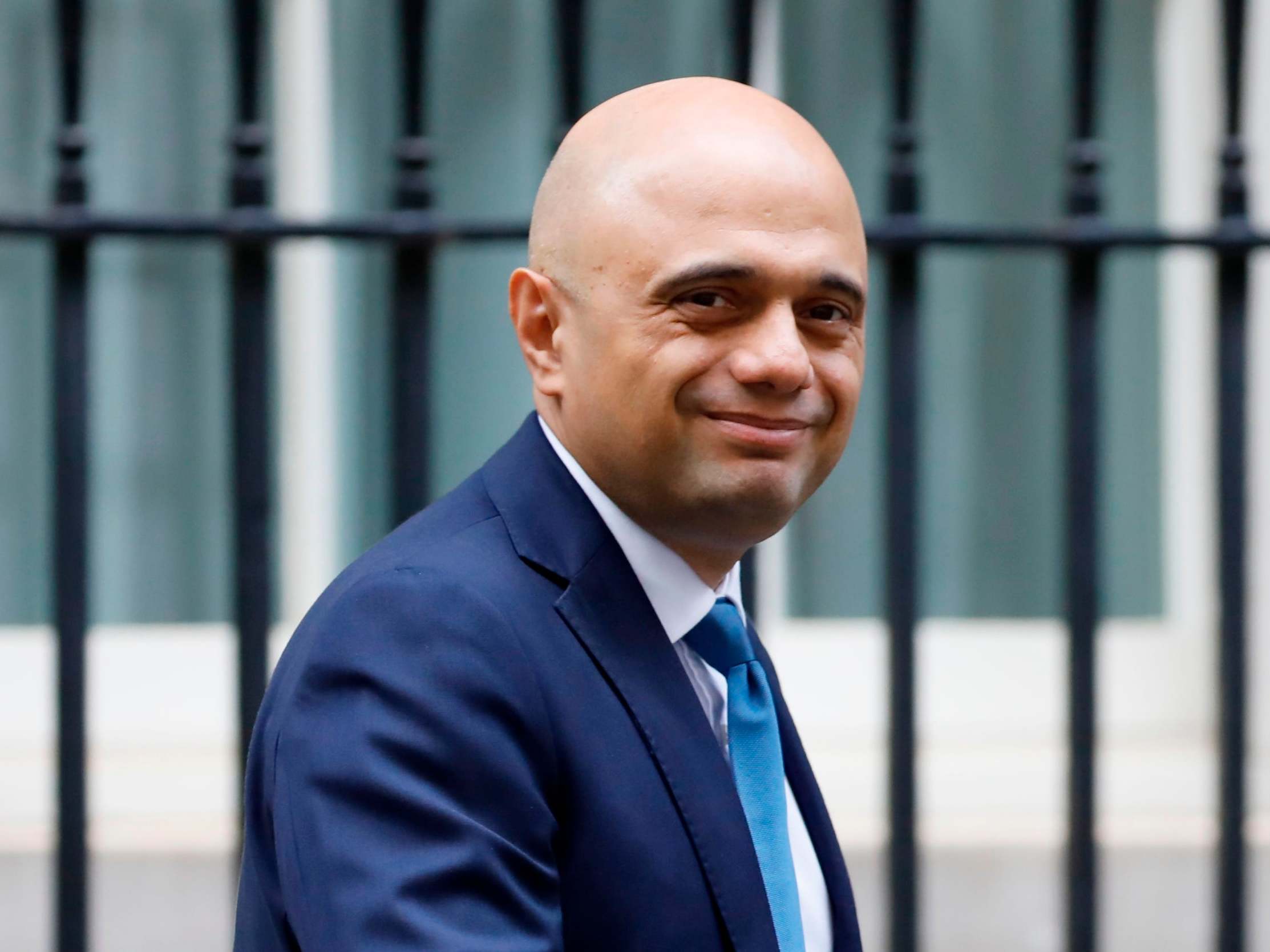Why the Treasury is facing a spending black hole
With the government tearing up fiscal rules, James Moore looks at where the spending pledges leave Britain


Dominic Cummings must have thought he had good reason for telling the Treasury’s chief PR man Sajid Javid to delay his first budget: in theory there’d be no official forecasts for how much he’s planning to borrow on our behalf courtesy of the Office for Budgetary Responsibility. Oops. Turns out the OBR is sufficiently fed up of government prevaricating that it’s going to divulge the information outside of the normal cycle.
While we await them, the Resolution Foundation, an independent think tank, has put forward some estimates of its own. It thinks the Treasury is on target to overshoot its deficit target by £16bn this year. That’s a huge miss. It’s like Sergio Aguero stepping up to take a penalty for Manchester City and hitting the corner flag.
The reasons for this are various. A deteriorating economy (hello there, Brexit) including a slump in manufacturing and construction has led to disappointing tax receipts. There’s been a change to the accounting treatment of student loans. Then there’s the addition of £13bn to departmental spending plans for 2020-2021. In other words, a pre-election bribe. All have played a part.
The net result, however, is that the £27bn Brexit cushion set aside by Philip Hammond, the last real chancellor to occupy 11 Downing Street, has vanished and more besides.
That would be a problem if the government was still trying to obey its fiscal rules, which call for a balanced budget by 2025-26 and returning the cyclically adjusted public sector net borrowing to less than 2 per cent of GDP by 2020-21, among other things.
But with an election looming, they’ve been chucked out of the window. Is that necessarily a bad thing? After a decade of the Tory austerity, Britain’s public services and its infrastructure are sorely in need of investment.
Rock-bottom interest rates make it cheap to borrow for the purposes of doing that, and the economy could certainly use the help right now.
But is the government’s largesse going to be felt in the right places? Boris Johnson has, for example, proposed tax cuts for the rich, based on the now debunked idea that they’ll help the economy and result in wealth trickling down the ladder.
It’s worth noting that this report comes just ahead of the first report of the public inquiry into the Grenfell Tower fire, which helped to focus attention on the plight of the poor and the state of the places they have to live in. Jeremy Corbyn caused quite the row when he sought to draw a link between it and Tory spending cuts in the disaster’s aftermath. Theresa May insisted that the problems with tower-block cladding went back decades, and sought to pin part of the blame on the Blair administration.
But what can’t be denied, or blamed on previous administrations, is that the poor have suffered the most under austerity. The controversial benefits freeze, for example, remains.
It doesn’t look as if they can expect much help from the government turning the taps on, because they don’t tend to vote Tory.
Back to fiscal rules, which are generally a good idea if constructed with a degree of pragmatism and applied with the appropriate degree of flexibility (the think tank recognises this with its proposal of an escape clause that could be triggered in the event of a serious nasty): their chief benefit is that they help to put a lid on the temptation of governments to indulge in stop-go spending policies linked to the electoral cycle.
Given the character of the current government, it remains to be seen whether a new fiscal framework of any kind will emerge after the election. Both parties seem intent on competing with each other in promising a new nirvana with scant regard to any economic or fiscal realities. Meanwhile, Brexit continues to suck money from the public purse, money that could actually be used to address some of the deep-seated economic and social problems Britain faces. The official figures will indeed make for interesting reading.
Join our commenting forum
Join thought-provoking conversations, follow other Independent readers and see their replies
Comments
Bookmark popover
Removed from bookmarks